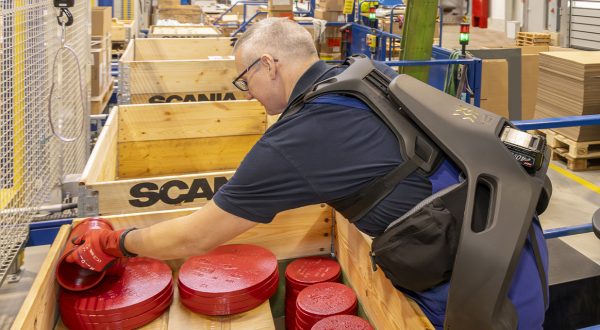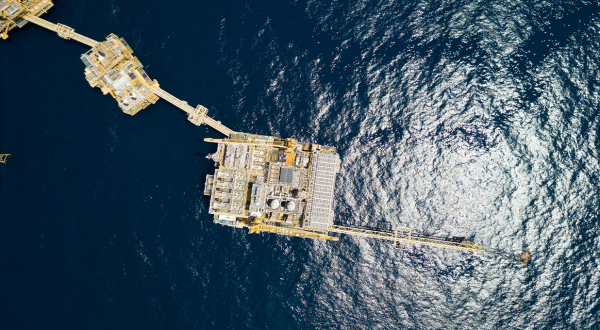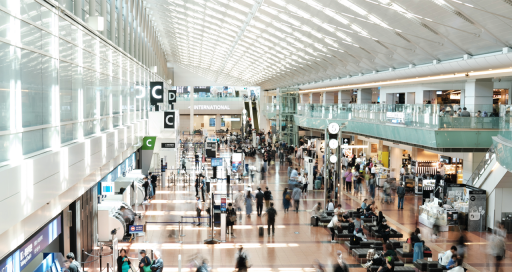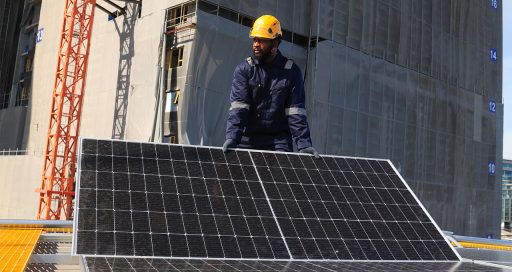Near Antwerp, a cooperative network is transforming residual heat from an Agfa-Gevaert factory into residential heating. The overall control in this innovative project for the distribution of this heat in the net, is engineered by Actemium, and consist of the automation, (remote) visualization, electrical engineering, panel building and commissioning of the installation.
![]()
What if the energy given off by factories could heat our homes rather than the planet? The recovery of so-called residual heat is one of the most promising avenues for addressing climate issues. Residual energy refers to unused energy in an industrial process that is expelled into the environment in the form of heat. When recovered in a heat network, it can be used to heat nearby homes, just like central heating, but at district level.
One such project is ‘Warmtenet Mortsel/Edegem”, a new eco-responsible site bordering the towns of Mortsel and Edegem, south of Antwerp in Belgium, where homes and businesses alike are benefiting from this innovation. They are heated exclusively using the residual heat emanating from the chimneys on the nearby Agfa-Gevaert industrial site. Cold water returns to the delivery substation via an underground network to be reheated. Not only do the recipients emit zero CO2, they also benefit from a guaranteed supply at a tariff 50% lower than what they would pay for individual installations according to the current energy prices.
“Four businesses and 158 houses are already connected, with the aim of connecting 300 homes by the end of 2023”
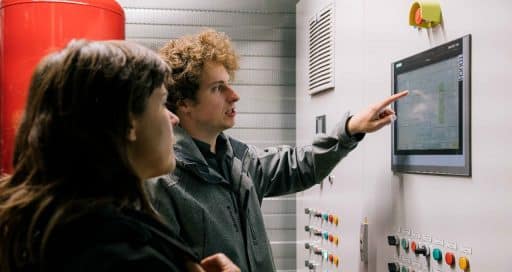
16,000 tonnes of CO2 saved
Officially launched on 10 January 2021 and named “Warmte Verzilverd” in Flemish, this cooperative heat network eventually aims to save around 2,000 tonnes of CO2 each year, equivalent to driving a car 18,2 million kilometres, or 455 times round the world. They currently have contracted 424 houses in 2026 but are looking for expansions on this heat net.
“Four businesses and 158 houses are already connected, with the aim of connecting 300 homes by the end of 2023”, explains Willem Eykens, project manager at Actemium Belgium (VINCI Energies), who became involved in the project as a partner of the consulting company Kelvin Solutions, specialising in heat recovery processes, alongside the citizens’ energy cooperative ZuidtrAnt-W and green energy provider EcoPower.
The favoured solution was to build a central distribution station, with pumps, valves, instruments, heat exchangers and a buffer reservoir to create primary and secondary loops. The primary loop starts from the factory’s existing Heat net, and the secondary passes via the heat exchangers to the buffer reservoir. From the buffer reservoir, the heated water is distributed to substations corresponding to the different consumers in the network. In partnership with the mechanical contractor of the processing plant, Actemium managed the electrical engineering and its construction, automation and commissioning.
08/09/2022
